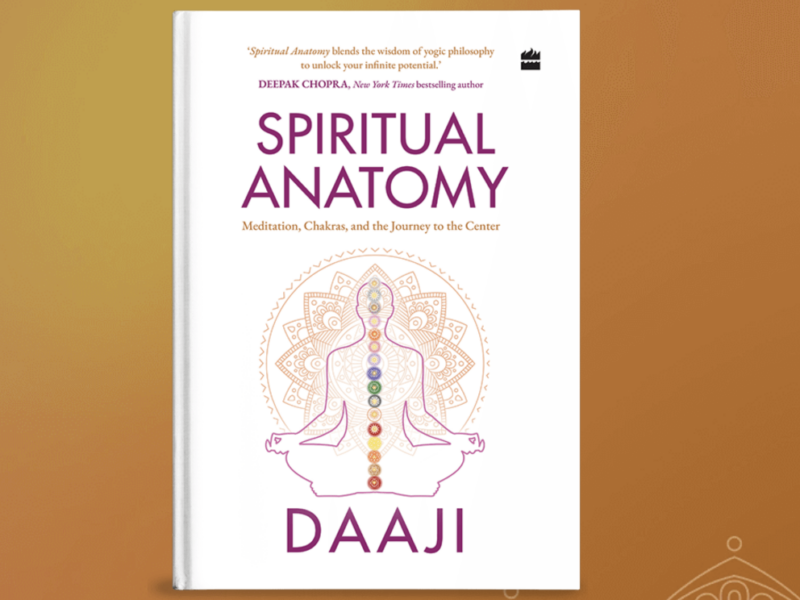So, What’s the Alternative?
Nutritionist Tansy Boggon demystifies myths about dieting. It isn’t a viable long-term option, and yo-yo dieting can have an adverse impact on your overall health.

By Tansy Boggon
The beginning of each new year is often marked by declarations to improve our diet, either for health or weight loss. Unfortunately, however, many diets, even those that declare to be a healthy lifestyle change, are typically too restrictive to be viable long-term. It is all too common to revert to our previous eating, with very few of the health-promoting changes sticking.
You may wonder why this is the case: is it lack of willpower or discipline, or that you haven’t chosen the right diet to follow? No, it’s not a personal failing, nor is it that you haven’t yet found the perfect diet.
It’s just this – diets don’t work!
Why Diets Don’t Work
Weight loss diets generally don’t result in long-term change because they require a significant reduction in energy intake; frequently even less than would be required to maintain the goal weight. As a consequence, people can feel ravenously hungry and obsess about the foods forbidden on a diet.
On a weight loss diet, you are essentially starving your body. Your body experiences physiological changes such as reduced metabolism to reinstate energy balance, which can slow weight and increase the rate of weight gain when you cease the diet. Discouragingly, a predictor of future weight gain is dieting, and yo-yo dieting has been shown to decrease health, no matter a person’s weight. Short-term diets don’t create long-term changes, and it seems that maintaining a balanced weight that doesn’t yo-yo from one extreme to the other is the best thing you can do for your health.
So, What’s the Alternative?
Diets frequently fail because you attempt to change everything in one swoop. However, you don’t need to change everything at once to improve your health, and attempting to do so can be overwhelming and stress-provoking. Further, if the foods you eat and the changes you make are not enjoyable or don’t feel good to your body, you are unlikely to stick to them.
 A far better approach is to make small tweaks one at a time and ensure they stick before moving onto the next health-promoting lifestyle change; choosing to eat foods that satisfy your taste buds and your hunger.
A far better approach is to make small tweaks one at a time and ensure they stick before moving onto the next health-promoting lifestyle change; choosing to eat foods that satisfy your taste buds and your hunger.
To do this, firstly identify the worst offenders in your diet, such as where are you eating excess, eating mindlessly or out of habit without actually being hungry. A tweak may then be switching a snack, reducing sugar in your morning cuppa, eating more vegetables, increasing your fibre intake or eating without distraction.
Satisfy Your Hunger
Everyone will be different as to the changes that will suit them and their lifestyle, and which will create the most pronounced change in their health. However, one thing is for sure, feeling insatiably hungry due to eating insufficient energy will sabotage your efforts to improve your health. Therefore, no matter what changes you choose to embrace, make sure that you eat when you are hungry and stop eating when you are sufficiently satisfied. If you eat an insufficient quantity of food and feel hungry in less than three to four hours, you probably didn’t eat enough at mealtime. If you skipped a meal or pushed through your hunger to then overeat the next time you eat, you’re probably not honoring your body’s hunger signals.
Honor Your Hunger
A useful tool for learning to recognize your hunger signals and to honor your hunger is a Hunger Scale. A Hunger Scale is how you’d score your hunger between 1 to 10: with 1 being famished and 10 being where you are stuffed to the point of feeling nauseated.

The ideal hunger level to eat a meal is 3; when your stomach feels empty but you are not so hungry that you feel irritable, lightheaded or have low energy. The optimal time to stop eating is at a hunger level of 7, which is when you feel comfortably satisfied and that you have eaten enough. If you are still slightly hungry or could eat slightly more and feel comfortable, you haven’t eaten enough. If you are overly full, uncomfortable or feel sleepy, you’ve probably eaten too much.
Avoid A Hunger-Fullness Diet
The intention is not to guilt yourself if you’ve eaten too much or to under-eat at your next meal. Thinking this way can cause you to swing from one end of the Hunger Scale to the other, rather than maintaining a hunger level of between 3 and 7, where your eating is balanced, and you feel in control of your eating. If you allow yourself to get extremely hungry, you are more likely to choose to eat anything available and throw all your healthy eating intentions out the window. The thing is, your body is an incredibly intelligent system that can signal how much food you require and when to nourish it sufficiently. Ditching diets, whether for weight loss or health, is the first step to learning to trust your body and eat more intuitively.
Please note: If binge eating or emotional eating is a frequent occurrence for you and you find it hard to eat to your hunger you may require the support of your doctor or a suitably qualified nutritionist, psychologist or counsellor.
Tansy Boggon is a nutrition counsellor, food writer and author of Joyful Eating: How to break free of diets and make peace with your body www.joyfuleatingnutrition.com/book. She has worked with health and nutrition in Australia, Singapore and now Christchurch, New Zealand, where she lives with her husband. She enjoys yoga, conscious dancing, experimenting in the kitchen and outdoor adventures on foot and bike.







